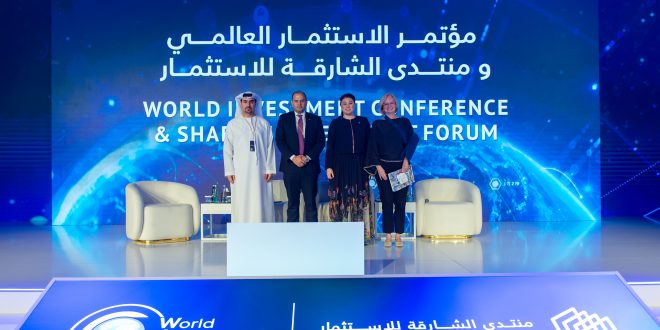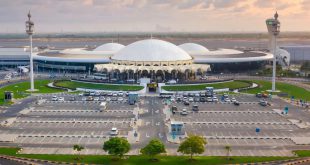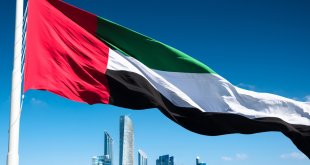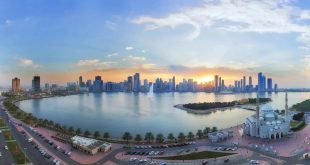In the face of growing global economic volatility, the 8th annual Sharjah Investment Forum (SIF 2025) convened a high-level panel on Wednesday titled “Future Proofing Economics – From Risk to Resilience”, spotlighting strategies that governments and investment promotion agencies can adopt to safeguard long-term economic stability while managing immediate risks.
Moderated by Courtney Fingar, Senior Advisor at the World Association of Investment Promotion Agencies (WAIPA), the session featured H.E. Fahad Al Gergawi, Former President of WAIPA and Undersecretary of the UAE Ministry of Foreign Trade; H.E. Zaher Al Qatarneh, Secretary General, Ministry of Investment, Jordan; and Mrs. Taliya Minullina, CEO of the Tatarstan Investment Development Agency.
H.E. Fahad Al Gergawi highlighted the crucial role of foreign direct investment (FDI) in stabilising economies. “Building resilience in an economy isn’t just about managing risk. It is about preparing systems, infrastructure, and partnerships that can withstand shocks while enabling growth,” he said.
He emphasised the synergy between trade and investment: “Every country must identify its tools, invest in human capital, and remain flexible to navigate uncertainty. Trade agreements and investments are key enablers that bring jobs, skills, and capital, and act as stabilisers in uncertain times. We are currently benefitting from several Comprehensive Economic Partnership Agreements (CEPAs) we have signed with countries including India, Turkey, Malaysia, and Indonesia, and more are meant to follow.”
Al Gergawi also highlighted the UAE’s Golden Residency initiative as a major milestone in attracting investors. “The introduction of long term residencies have gained even more investor confidence boosting international businesses and trade,”he added.
H.E. Zaher Al Qatarneh shared Jordan’s approach to navigating regional volatility and geopolitical risk. “To build resilient economies, openness, diversification, regional and international cooperation, and the strategic use of technology are all critical. Equally important is human capital, in which Jordan excels, as 70% of the population is under the age of 35,” he said.
He further stressed investor-focused policies and efficiency. “Our goal is simple: investors should be able to grow, profit, and reinvest locally. As a small country geographically, Jordan’s network allows investors to access 1.4 billion consumers, turning local investments into regional impact,” he noted, citing the country’s broad network of free trade agreements.
Taliya Minullina discussed Tatarstan’s economic diversification and technological integration. “Economic diversification is not optional; it’s essential. We reduced our dependence on oil and invested in manufacturing, IT, and aviation to future-proof our economy. Technology and data make investment decisions more transparent and predictable, and allow governments to respond to rapidly changing market conditions and manage uncertainty effectively.”
She also emphasised investor aftercare as central to long-term success. “Each investment agreement is a roadmap, ensuring projects are implemented sustainably and deliver returns. Large-scale investors, in particular, require ongoing support and monitoring, which is critical for reinvestment and long-term economic stability.”
Courtney Fingar concluded the panel with a comprehensive reflection that reinforced the critical role of collaboration, data-driven decision-making, and investor engagement in building economies that are both adaptable and sustainable.
The two-day annual forum is being held in conjunction with the World Investment Conference (WIC 2025) at the Al Jawaher Reception and Convention Centre in Sharjah. Organised by the Sharjah FDI Office (Invest in Sharjah), in partnership with the World Association of Investment Promotion Agencies (WAIPA) and the UAE Ministry of Investment, this year’s forum is being held under the theme ‘Transforming Our World: Investing for a Resilient and Sustainable Future’, and has brought together more than 10,000 participants from 142 countries.






